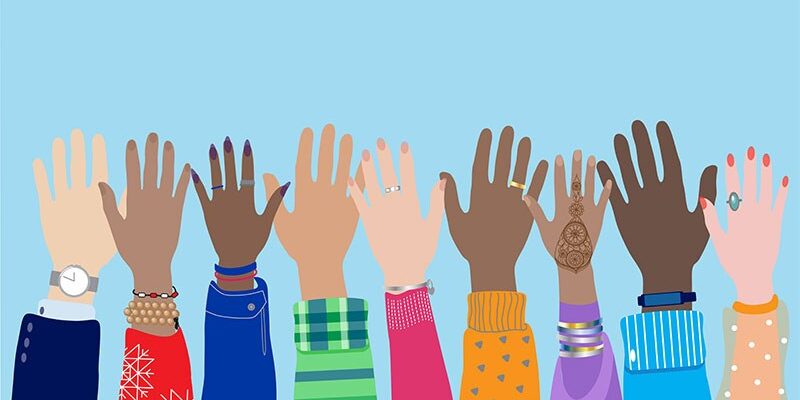Two thirds of Americans support regulated use of psychedelics for therapeutic purposes, results of a new poll show.
It is a surprisingly large percentage, said officials at the UC Berkeley Center for the Science of Psychedelics (BCSP), which conducted the online survey of 1500 registered voters in early June.
“That is a stunning number,” said Michael Pollan, co-founder of the Center, and author of How to Change Your Mind, a book that explored potential uses of psychedelics.
In a briefing with reporters, Pollan said that he believes the large support base, in part, reflects campaigns that have “been successful by highlighting the effectiveness of psychedelics as therapy for mental illness.”
However, the poll also showed that 61% of voters said that they do not perceive psychedelics as “good for society,” and 69% do not perceive them as “something for people like me.”
These negative sentiments “suggest a fragile kind of support — the kind of support where you’re only hearing one side of the story,” said Pollan.
Still, poll respondents supported other potential policy changes, including 56% in support of the US Food and Drug Administration vetting and approving psychedelics so they could be available on prescription.
50% Have Tried Psychedelics
Almost 80% said that it should be easier for researchers to study psychedelics, and just under one half said that they backed removing criminal penalties for personal use and possession.
The poll results also show that almost half of respondents had heard about psychedelics recently, with 48% saying they had heard about the drugs’ use in treating mental illness.
Respondents who were most familiar with and positive about psychedelics tended to be White, male, aged 30-50 years, liberal, highly educated, living in a Western state, and have little to no religious or spiritual practice.
Overall, 52% of survey respondents said that they or someone close to them had used a psychedelic, with almost half of that use coming in the past 5 years. Some 40% said that the use had been more than a decade ago.
Almost three quarters of psychedelic use was reported as recreational, but the second-biggest category was therapeutic use at 39%. About one third of respondents said that they or someone close to them had microdosed.
Conservative voters had lower levels of awareness and first-degree connection use as well as the least amount of support for regulated therapeutic use, with only 45% saying they would back such a policy compared with 80% of liberal voters and 66% of moderate voters.
Black individuals were the least likely to be familiar with psychedelics: Just 29% said that they had heard a little or a lot about the drugs compared with 39% of Latinx individuals and 51% of White individuals. And just one quarter reported first-degree use compared with half of Latinx individuals and 56% of White individuals.
Who Should Be Eligible?
When asked who should be eligible for treatment with psychedelics, 80% said that they were comfortable with its use for those with terminal illnesses. More than two thirds expressed comfort with the drugs being used to help veterans and people with treatment-resistant depression and anxiety.
Less than one half of respondents said that psychedelics should be available to everyone older than 21 years. And voters seemed to be less inclined to say psychedelics should be used to treat people with addiction, with just 45% indicating that they were very or somewhat comfortable with that use.
Pollan said that reflects perhaps some lack of knowledge or education.
“The story about addiction and psychedelics hasn’t gotten out,” he said. “I kind of get that intuitively the idea of using a drug to treat a drug doesn’t sound right to a lot of people. But in fact, there’s good evidence it works,” Pollan said.
Respondents said that doctors, nurses, and scientists were the most trusted source of information about psychedelics, whereas the FDA received lower confidence. Law enforcement was least trusted by liberals and most trusted by conservatives.
Pollan noted that the reversal in attitudes, with Americans mostly now looking to the scientific and medical establishment for guidance on psychedelics.
“We went from a counterculture drug to something that is being taken seriously by scientists as a potential therapy,” he said.
The poll’s margin of error was ± 2.5%.
Alicia Ault is a Saint Petersburg, Florida-based freelance journalist whose work has appeared in publications including JAMA and Smithsonian.com. You can find her on Twitter @aliciaault.
For more Medscape Psychiatry news, join us on Twitter and Facebook
Source: Read Full Article
